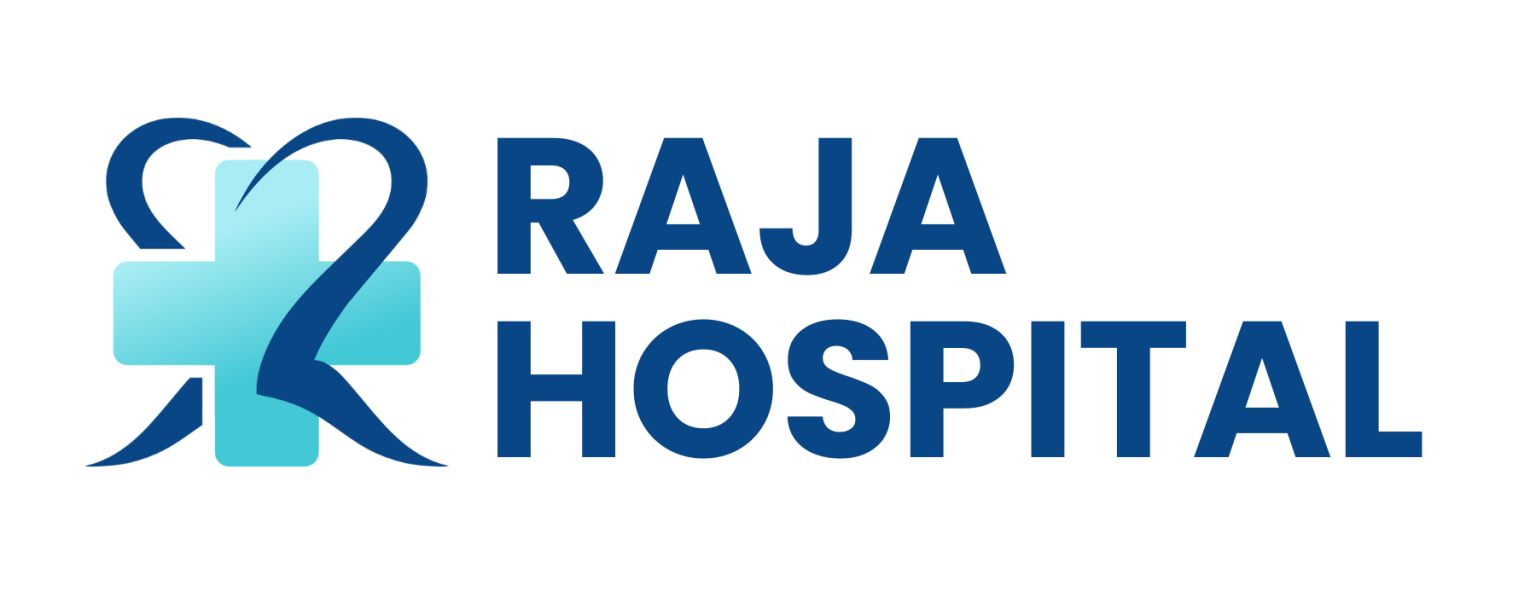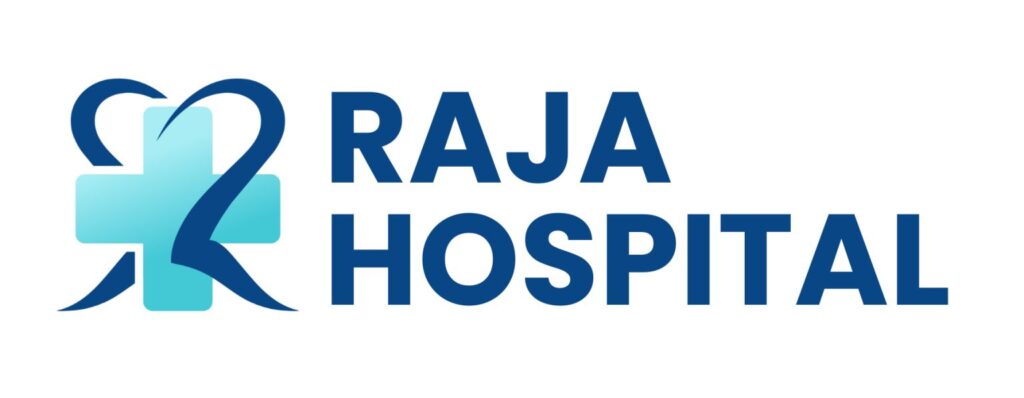High Risk Pregnancy

High-risk pregnancies involve careful monitoring and tailored treatments to manage potential complications. Treatments include:
Specialized Prenatal Care: Close monitoring by a specialized healthcare team, including obstetricians, maternal-fetal medicine specialists, and sometimes genetic counselors. Regular check-ups and tests help detect issues early.
Medications: Depending on the risk factors, medications may be prescribed to manage conditions like high blood pressure, diabetes, or infections that could affect the pregnancy.
Bed Rest and Activity Modification: In certain cases, restricted activity or bed rest may be advised to reduce the risk of complications like preterm labor or placental issues.
Fetal Monitoring: Advanced ultrasound scans and other monitoring techniques assess the baby’s growth, development, and well-being. Non-stress tests or biophysical profiles can evaluate fetal health.
Preventive Measures: Lifestyle adjustments such as dietary changes, weight management, quitting smoking, and avoiding alcohol or certain medications to mitigate risks.
Preterm Labor Prevention: Medications might be prescribed to delay labor or to enhance fetal lung development if preterm birth seems likely.
Hospitalization: In severe cases, hospitalization may be necessary for continuous monitoring and immediate intervention if complications arise.
Counseling and Support: Emotional support and counseling for expecting parents to manage stress and anxiety associated with high-risk pregnancies.
These treatments aim to minimize risks, monitor the health of both the mother and baby closely, and intervene promptly if complications arise, ensuring the best possible outcome for both.


